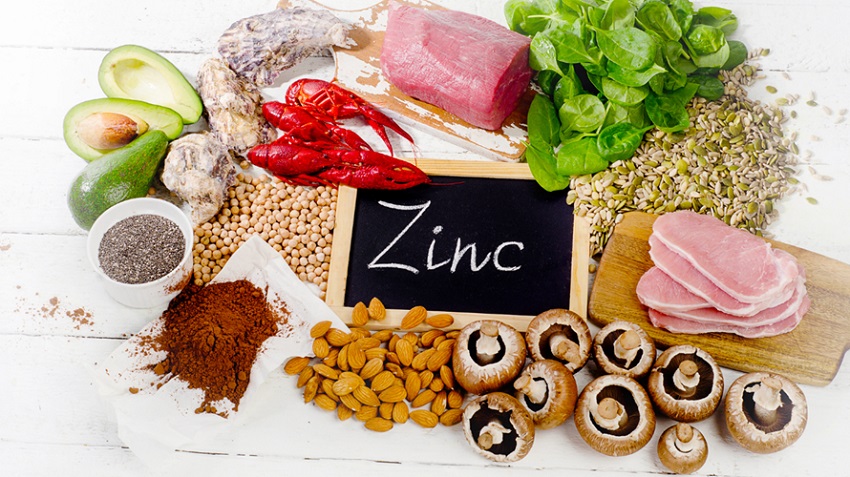Just as there are foundational building blocks for a sturdy house, proper nutrition for kids is a critical component in ensuring their overall growth and development. One of those building blocks is the mineral zinc, which plays a vital role in the health and development of children. In this article, we will explore the importance of zinc in various aspects of children’s health.
Growth and Development
Zinc is essential nutrition for kids and is particularly important for children’s growth, as it helps to regulate cell growth, cell division, and DNA synthesis. Low zinc levels in children may result in stunted growth, delayed sexual maturation, and decreased bone size.
Improved Immune System Function
A strong immune system is the first line of defense against infections and diseases. Zinc helps maintain a healthy immune system by supporting the production of immune cells, including white blood cells, which play an essential role in protecting the body from illness. Adequate zinc intake in children can therefore help to prevent infections such as the common cold and pneumonia.
Enhanced Brain Function
One of the most important aspects of a child’s development is ensuring their cognitive abilities are nurtured. Zinc is essential for brain development and functioning. Children with higher zinc levels seem to perform better in memory tasks as well as learning and problem-solving activities. As such, a diet rich in brain development, such as zinc-rich, can aid in a child’s cognitive development and learning abilities.
Skin and Sensory Health
Zinc contributes to healthy skin, as it assists in collagen production, wound healing, and maintaining the skin’s moisture. Furthermore, zinc also plays a role in taste and smell perception by aiding the functioning of the sensory organs.
Dietary Sources of Zinc
There are various dietary sources of zinc that can help a child meet their daily requirements. Some of the best food sources include oysters, red meat, poultry, beans, nuts, whole grains, and dairy products. It is also possible to get zinc from fortified cereals or supplements. However, it is advisable to consult with a pediatrician before giving a child any supplements.
To Conclude
Zinc is a vital nutrient that contributes to a wide range of health benefits for children, from growth and development to immune system support and cognitive function. Ensuring a balanced and healthy diet that includes zinc-rich foods is an important step towards providing the foundation for a healthy life. Remember, a healthy child is a happy child!



